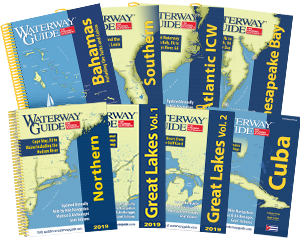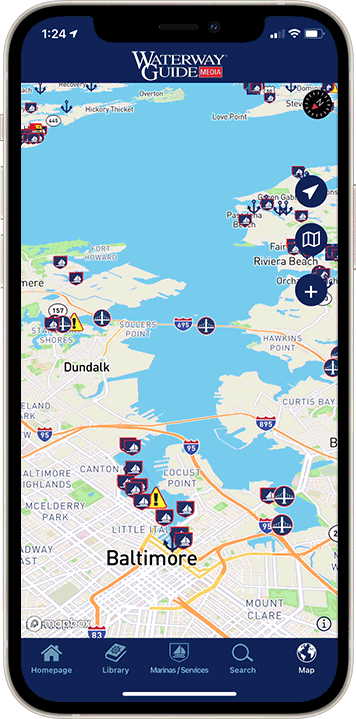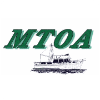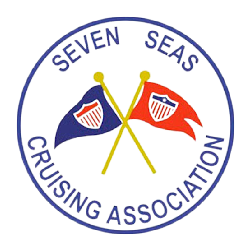Explore Our Latest News & Articles
Winterizing your boat may sound like a seasonal chore, but in reality, it's essential protection for your investment. When water freezes inside engines, plumbing, or onboard systems, it expands and can cause cracked blocks, burst hoses, and thousands of dollars in repairs. Even in milder climates, boats can suffer from moisture damage, corrosion, and general wear when left unprepared through months of disuse.

You may ask, "Do I really need to winterize my boat?" According to a BoatUS article referencing ten years of GEICO | BoatUS Marine Insurance claims, the data says yes. Freeze-related damage occurs far more often than many realize. And those claims don't just come from colder states like New York or New Jersey. The top ten states for winterizing claims includes milder-climate regions like North Carolina and South Carolina.
Why? Boaters in colder regions typically know to winterize, while those in temperate states often assume they're safe and skip the process altogether. But no state is immune (as seen during the historic 2025 Gulf Coast Blizzard). The lesson: never assume your location exempts you from freeze risk.
Key Steps in the Winterization Process
Before deciding whether to go DIY or hire a professional, it helps to understand what proper winterization involves:
- Engine Care: Flush with fresh water to remove salt and debris, then fill with antifreeze to prevent freezing. Change oil and filters to protect internal components.
- Fuel System: Fill tanks and add a stabilizer to prevent condensation and fuel degradation.
- Plumbing & Freshwater Systems: Drain tanks and water heaters, and pump non-toxic antifreeze through heads, sinks, and lines.
- Interior & Electrical: Remove valuables, clean thoroughly to prevent mold, and disconnect or remove batteries for safe storage.
- Hull & Deck: Clean, inspect, and wax to protect the finish. Cover with a breathable tarp or shrink wrap.
- Storage Location: Indoor facilities offer the best protection, but if you're storing outdoors, ensure proper coverage and secure support against wind and snow loads.
If this already sounds like too many moving parts, hiring a professional may be the way to go. Still, let's explore both sides of the decision.
DIY Winterization
For many boaters, servicing your own vessel is a rite of passage—a chance to get hands-on and understand your boat inside and out. There's a sense of pride in doing it yourself, and for smaller, simpler boats, DIY winterization can be a perfectly viable option with the proper know-how.
Pros
- Significant cost savings (you'll mainly pay for materials and your time).
- Builds familiarity with your boat's systems.
- Flexible timing — work on your own schedule rather than waiting for yard availability during the busy fall rush.
Cons
- Mistakes can be costly (cracked engine blocks, missed drain plugs, etc.).
- Time-consuming, especially for beginners.
- Limited access to specialized tools or heated storage.
- Incorrect methods may void warranties or insurance coverage.
Best for: Mechanically inclined owners of smaller vessels with simpler systems who enjoy hands-on maintenance.
Professional Winterization
Hiring a yard or marine technician might sound like a luxury to budget-conscious DIY boaters, but it's about more than convenience—it's about expertise. Professionals perform winterization daily throughout the season and can spot developing issues long before they become costly failures.
Pros
- Comprehensive, professional protection for every onboard system.
- Accountability—yards often guarantee their work.
- Experienced eyes can identify wear, leaks, or corrosion early.
- Drop off in fall, pick up ready to go in spring.
Cons
- Higher cost due to labor, storage, and materials.
- Scheduling fills quickly—especially at busy yards.
- Less personal familiarity gained with your boat's systems.
Best For: Larger vessels, inboards, complex systems, or boaters short on time or confidence.
The Hybrid Approach
Many owners find a middle ground—handling simple tasks such as cleaning, interior prep, or battery maintenance, then turning to professionals for more technical systems.
Pro Tip: Ask your yard about à la carte services. Many facilities allow you to take care of certain aspects yourself while ensuring critical systems receive professional attention.
Take an honest look at your comfort level, mechanical skill, and available time. Then decide what's best for you, your boat, and your peace of mind.
Whether you handle it yourself or hire a professional, the key is thoroughness. Every system—engine, fuel, plumbing, and electrical—needs proper attention to avoid costly surprises come spring.
Need help finding a service provider? Browse Service listings in our Directory or use Waterway Explorer to locate nearby yards and read reviews from the Waterway Guide community.












